Find Help
More Items From Ergsy search
-
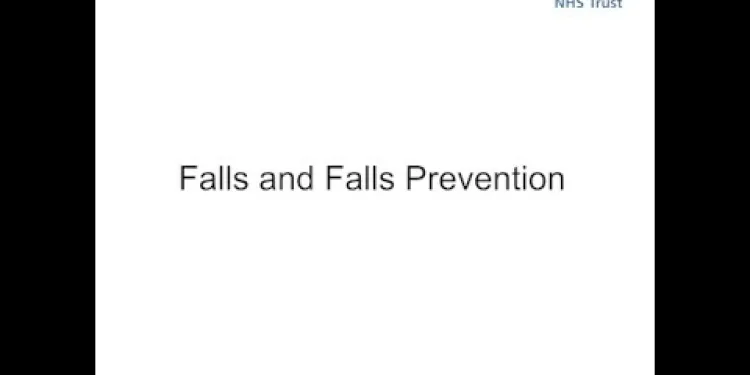
Falls and Falls Prevention
Relevance: 100%
-
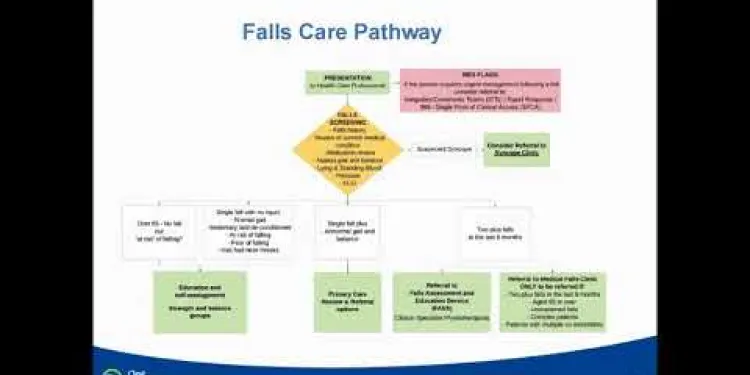
Falls Prevention Podcast
Relevance: 88%
-
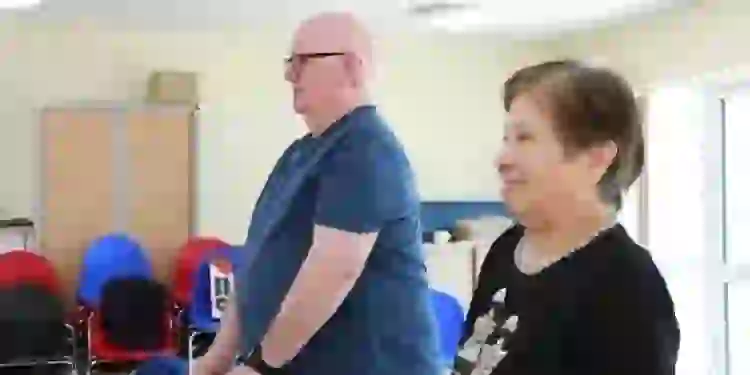
Falls Prevention - strength and balance exercises
Relevance: 76%
-
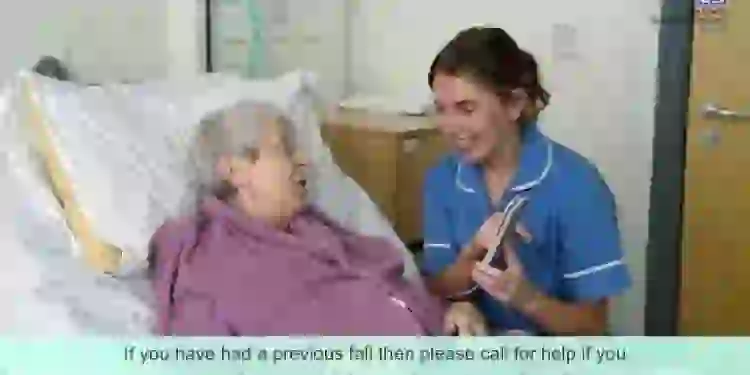
Falls Prevention video for patients attending hospital
Relevance: 76%
-

Fallsafe - Put the patient first. Preventing falls in Hospital.
Relevance: 73%
-
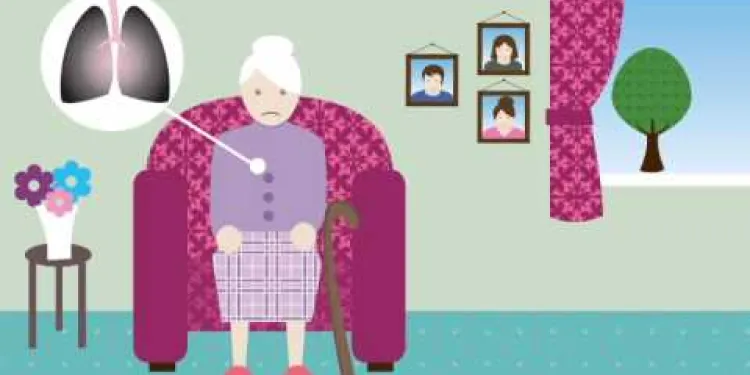
Dorothy's Story (Falls/Chest Infection)
Relevance: 66%
-

UK House Prices Fall for Third Consecutive Month
Relevance: 58%
-

Why do interest rates rise and fall?
Relevance: 51%
-
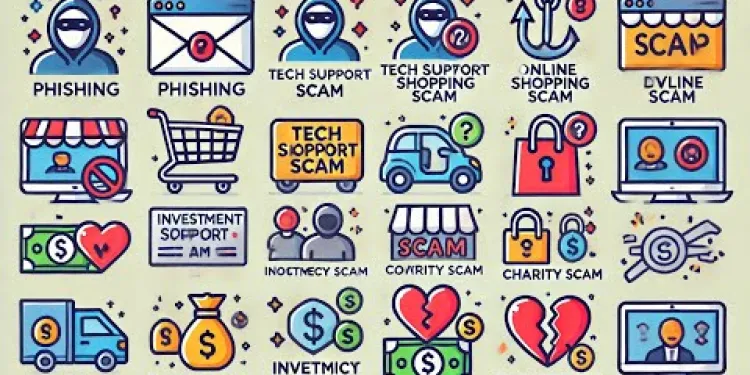
Don't Fall for These 7 Cybersecurity Scams!
Relevance: 45%
-

Phishing Scams EXPOSED Don't Fall Victim to These Tricks!
Relevance: 41%
-
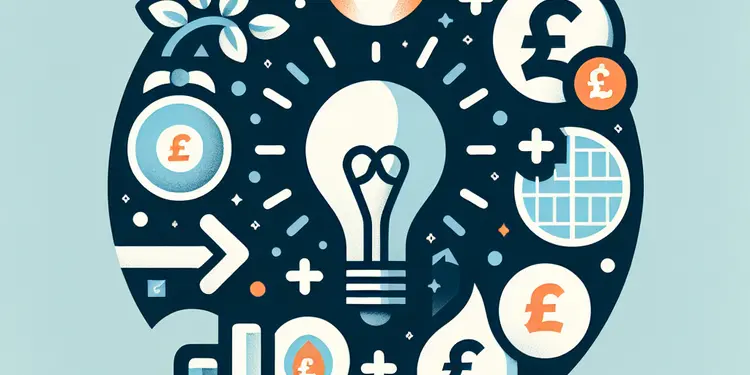
What factors influence the rise and fall of energy bills in the UK?
Relevance: 40%
-
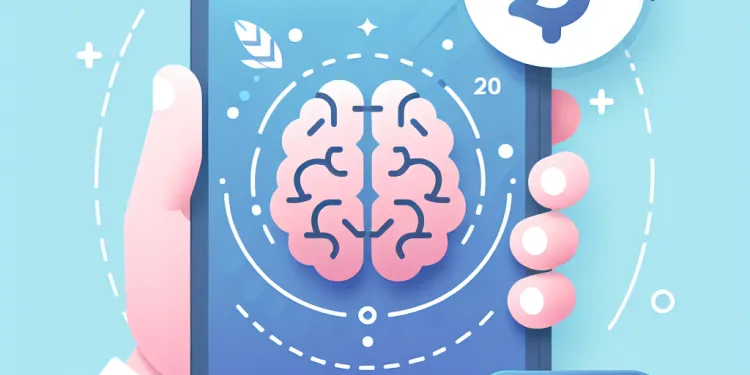
Is there any way to prevent concussions?
Relevance: 28%
-

How can concussions be prevented?
Relevance: 28%
-
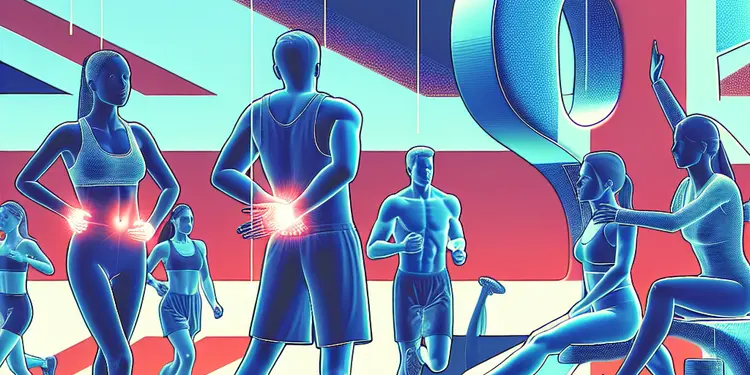
Do mixed exercises help in preventing injuries?
Relevance: 26%
-

What are some safety programs specifically for seniors?
Relevance: 22%
-

What is the role of dental sealants in preventing tooth decay?
Relevance: 22%
-

Are there any exercises to avoid during pregnancy?
Relevance: 21%
-
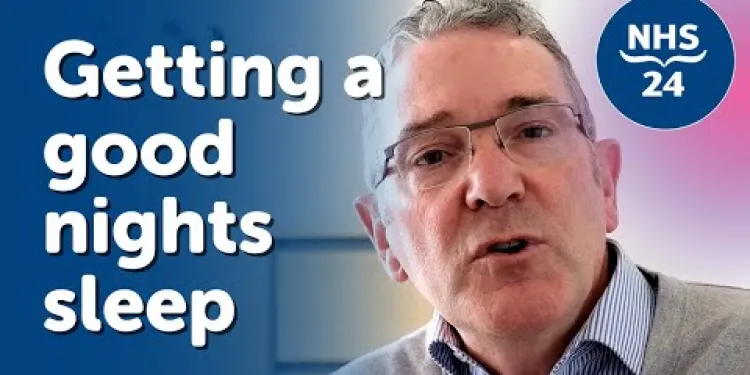
Top Tips to Help You Get a Good Nights Sleep
Relevance: 21%
-
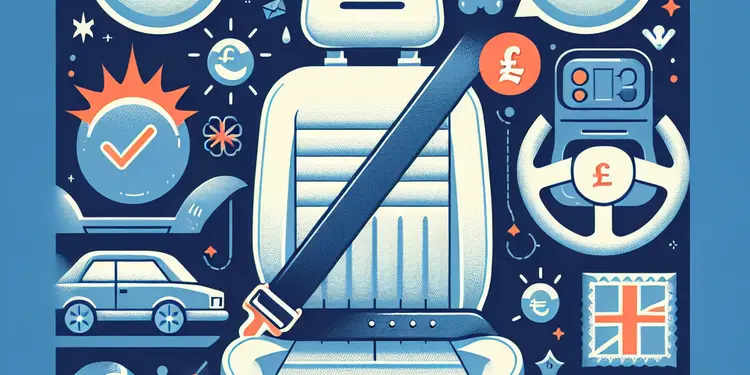
Does wearing a seatbelt prevent whiplash?
Relevance: 18%
-

How can methanol poisoning be prevented?
Relevance: 18%
-
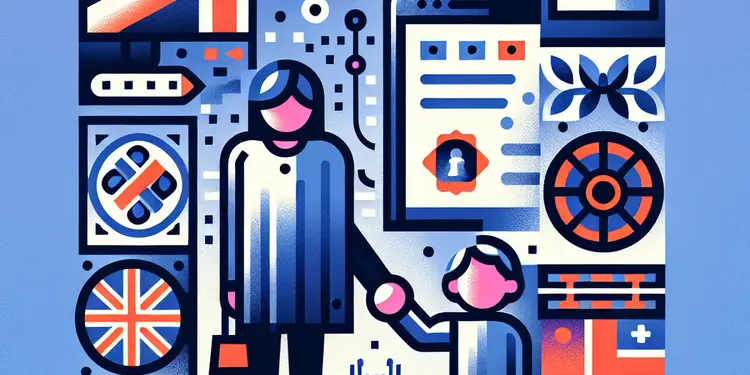
Should I limit my child's internet usage to prevent grooming?
Relevance: 18%
-

Can fixed-rate tariffs offer better price stability compared to variable tariffs?
Relevance: 18%
-

What are some preventive measures against H3N2?
Relevance: 18%
-
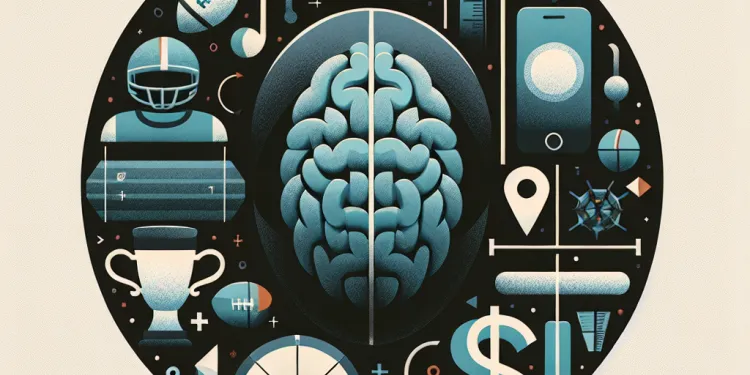
What causes concussions in rugby?
Relevance: 17%
-

Can hypotony be prevented?
Relevance: 17%
-
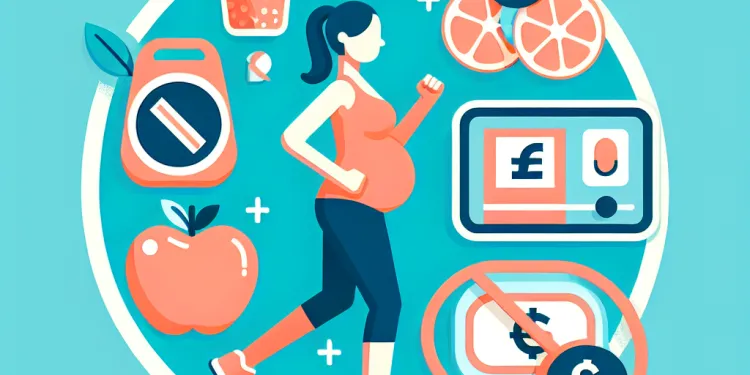
Can exercise help prevent gestational diabetes?
Relevance: 17%
-

Can CFS be prevented?
Relevance: 17%
-

Can meningitis be prevented?
Relevance: 17%
-

Can gonorrhoea be prevented?
Relevance: 17%
-

Can chickenpox be prevented?
Relevance: 17%
-

Can Rubella be prevented?
Relevance: 17%
-

Can sunburn be prevented?
Relevance: 17%
-

Can shingles be prevented?
Relevance: 17%
-

Is postnatal depression preventable?
Relevance: 17%
-
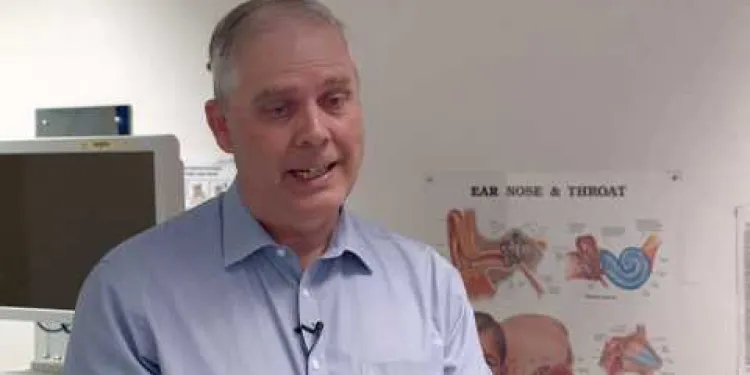
Evidence-Based Interventions: grommets for glue ear in children
Relevance: 17%
-

Can shingles be prevented?
Relevance: 17%
-

What are investment scams?
Relevance: 17%
-
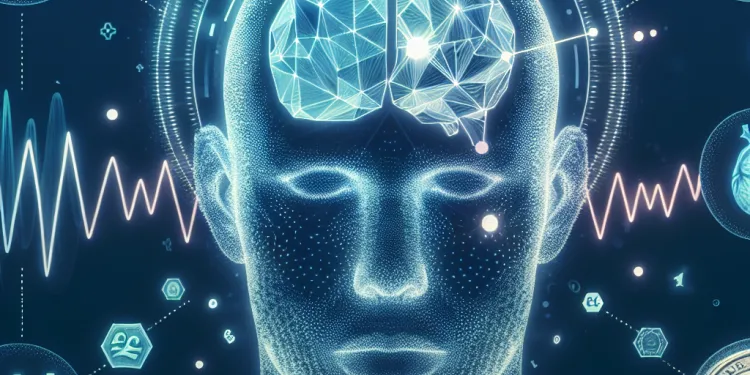
Can concussions occur without a direct blow to the head?
Relevance: 16%
-
Are there preventative measures for eating disorders?
Relevance: 16%
-

How can HPV be prevented?
Relevance: 16%
Falls and Falls Prevention
Understanding Falls
Falls are a significant concern, particularly among older adults, as they can lead to serious injuries such as fractures and head injuries. In the United Kingdom, falls are one of the leading causes of hospital admissions for those aged 65 and over. A fall can not only affect physical health but can also have psychological consequences, leading to fear of falling and a reduction in physical activities.
Causes of Falls
Several factors contribute to the risk of falling, including muscle weakness, balance disorders, medication side effects, and environmental hazards. Common environmental hazards in homes can include loose rugs, poor lighting, and clutter on the floor. In addition, chronic conditions such as arthritis, diabetes, and heart disease can increase the likelihood of falls due to their impact on strength and mobility.
Preventing Falls at Home
To reduce the risk of falls, it’s crucial to make the living environment safer. Ensure that walkways are free of clutter, use non-slip mats in the bathroom, and install grab rails in areas such as bathrooms and stairs. Proper lighting is essential; ensure that all areas of the home are well-lit, especially staircases and hallways.
Physical Activity and Exercise
Regular physical activity is one of the most effective ways to prevent falls. Exercise programs that focus on strength training, balance, and flexibility can significantly reduce the risk. Activities such as tai chi, yoga, and even simple walking routines can help maintain muscle strength and improve balance.
Medication Management
Reviewing medications with a healthcare professional can also help in falls prevention. Some medications, particularly those affecting the central nervous system, can cause dizziness or drowsiness. It’s important to discuss any side effects with a doctor and ensure that medications are taken as prescribed.
Health Services and Resources
In the UK, various resources are available to help with falls prevention. The NHS provides falls prevention services that may include assessments by healthcare professionals to determine risks and appropriate interventions. Local councils and charities often offer community programs focusing on exercise and education to help older adults stay active and informed. By understanding the factors that contribute to falls and taking proactive measures to mitigate these risks, individuals can significantly reduce their likelihood of falling and maintain a higher quality of life.
Falls and Falls Prevention
Understanding Falls
Falls are a big concern, especially for older people. Falls can cause bad injuries like broken bones or head hits. In the UK, many older people go to the hospital because of falls. Falls can hurt your body and make you scared to move around. This can stop you from doing fun things and keeping fit.
Causes of Falls
Many things can make you more likely to fall. Some reasons are weak muscles, trouble with balance, side effects from medicine, and tripping hazards at home. These hazards include loose carpets, dim lights, and clutter. Having health problems like arthritis, diabetes, or heart trouble can make falls more likely since they make moving harder.
Preventing Falls at Home
To make falls less likely, make your home safer. Keep floors tidy and use non-slip mats in the bathroom. Put handrails next to stairs and in the bathroom. Good lighting is important; make sure all parts of your house are bright, especially stairs and hallways.
Physical Activity and Exercise
Moving your body is a great way to stop falls. Exercises that make you stronger, help with balance, and stretch your muscles can help a lot. Try activities like tai chi, yoga, or even simple walks to keep your muscles strong and improve your balance.
Medication Management
Checking your medicine with a doctor can help prevent falls. Some medicines can make you dizzy or sleepy. Talk to your doctor about any side effects and make sure you take your medicine as told.
Health Services and Resources
In the UK, there are services to help stop falls. The NHS has services where health professionals check your fall risk and suggest help. Local councils and charities also offer exercise and education programs. These programs help older people stay active and learn more. By learning about what causes falls and how to stop them, you can make falls less likely and keep a good quality of life.
Frequently Asked Questions
What are the common causes of falls in older adults?
Falls in older adults are commonly caused by factors such as weak muscles, balance problems, chronic health conditions, medication side effects, and hazards in the home environment like loose rugs or poor lighting.
How can I reduce the risk of falling at home?
To reduce the risk of falling at home, remove tripping hazards, ensure good lighting, use handrails on stairs, install grab bars in the bathroom, and keep frequently used items within easy reach.
Are there exercises that can help prevent falls?
Yes, exercises that improve strength, balance, and coordination can help prevent falls. Activities such as walking, tai chi, and strength training are particularly beneficial.
Why are falls more dangerous for older adults?
Falls can be more dangerous for older adults due to the increased risk of serious injuries such as fractures, especially hip fractures, and head injuries. Older adults often have slower recovery times and pre-existing medical conditions that can complicate recovery.
What should I do if I witness someone having a fall?
If you witness someone having a fall, stay calm and check if they are injured. Offer assistance, but do not move them if they appear to be hurt. Call for emergency help if needed, and provide reassurance until professional help arrives.
Is it helpful to review medications to prevent falls?
Yes, reviewing medications with a healthcare provider is crucial as some medications can cause dizziness or drowsiness, increasing the risk of falls. Adjusting or changing medications can help mitigate these risks.
Can poor vision contribute to falls?
Yes, poor vision can contribute to falls by making it difficult to see obstacles or changes in terrain. Regular eye check-ups and ensuring proper eyewear can help prevent falls.
What home modifications can assist with fall prevention?
Home modifications such as installing grab bars, securing loose carpets, improving lighting, and using non-slip mats can greatly assist with fall prevention.
How important is footwear in preventing falls?
Wearing proper footwear is very important in preventing falls. Shoes should fit well, have non-slip soles, and provide adequate support.
Are there community resources available to help with fall prevention?
Yes, many communities offer resources such as fall prevention programs, exercise classes specifically for balance and strength, and home safety assessments.
How can family members help prevent falls in their elderly relatives?
Family members can help by encouraging regular exercise, ensuring the home is safe, accompanying them to medical appointments to discuss fall risk, and being attentive to their needs and any changes in their health.
What role do healthcare providers play in fall prevention?
Healthcare providers play a key role in fall prevention by assessing risk factors, managing medical conditions, reviewing medications, and recommending interventions like physical therapy or fall prevention programs.
What should I do if I have a fear of falling?
If you have a fear of falling, discuss it with your healthcare provider. They can recommend strategies such as exercise programs to improve balance and strength, or counselling to address fear and build confidence.
Are there specific assessments to evaluate fall risk?
Yes, healthcare providers use various assessments to evaluate fall risk, including the Timed Up and Go (TUG) test, Berg Balance Scale, and functional reach tests. These help identify individuals at higher risk and tailor prevention strategies accordingly.
Can technology assist in fall prevention?
Yes, technology such as medical alert systems, smart home devices, and wearable fall detectors can assist in fall prevention by providing immediate assistance and monitoring environments for potential hazards.
Why do older people fall down?
Older people can fall down for many different reasons. It is important to know what these reasons are, so we can help keep them safe.
Here are some of the common reasons:
- Weak Muscles: As people get older, their muscles can get weaker. This can make it harder to stay balanced.
- Poor Vision: Sometimes, older people cannot see as well as they used to. This can make it hard to see things that might trip them.
- Medication: Some medicines can make people feel dizzy or sleepy, which can cause falls.
- Slippery Floors: Floors that are wet or have loose rugs can be dangerous for older people.
- Lack of Handrails: Stairs or bathrooms without handrails make it hard to hold on and stay safe.
How to help: Make sure older people see a doctor regularly. Help them exercise to keep their muscles strong. Fix any dangerous areas in their home, like adding handrails or removing rugs.
Older people can fall down because of a few reasons. Their muscles might not be strong. They may have trouble keeping their balance. Some are sick for a long time, which makes it hard for them. Their medicine might make them dizzy. Things at home can also cause falls, like loose rugs or not enough light.
To help prevent falls, here are some tips:
- Exercise to make muscles stronger and improve balance.
- Talk to a doctor about side effects of medications.
- Make the home safe by removing loose rugs.
- Add more lights to make everything easy to see.
How can I make my home safer so I don't fall?
Here are some tips to help you stay safe at home:
- Keep your floors clear. Move things you can trip over, like toys or shoes.
- Use bright lights. This helps you see better and not trip.
- Put handrails on stairs. Hold them when you go up or down.
- Use non-slip mats in the bathroom. This stops you from slipping when it's wet.
- Wear shoes inside. They help your feet not slip.
- Get help if you need it. Ask someone to walk with you or carry things.
You can also ask for ideas from a doctor or a friend to make your home safer.
To stay safe at home and not trip or fall, follow these tips:
- Move things that you might trip over.
- Make sure all rooms have bright lights.
- Put handrails on the stairs to hold on to.
- Put bars in the bathroom to help you stand.
- Keep things you use a lot close to you, so you don't have to reach too far.
If you want more help, you can use tools like night lights or a grab stick. You can also ask someone for help.
Can exercises stop falls?
Yes, doing exercises can help you get stronger, have better balance, and move better. This can stop you from falling. Things like walking, doing tai chi, and lifting weights are really good for you.
Why are falls more dangerous for older adults?
When older people fall, they can hurt themselves more easily. Their bones might be weaker and take longer to heal. If an older person falls, they might also find it harder to get up again. Falls can make them scared to move around, and they might stop doing things they like. It is important for older people to stay safe and ask for help if they need it.
Here are some things that can help:
- Use a cane or walker to stay steady.
- Wear shoes that fit well and have non-slip soles.
- Make sure your home is safe by removing things you could trip over, like loose rugs or clutter.
- Install grab bars in the bathroom for extra support.
- Keep rooms well-lit so you can see clearly.
- Ask your doctor or a friend for more tips!
Falls can be very dangerous for older people. They can get hurt badly, like breaking a bone or hurting their head. Older people might take longer to get better. They might also have other health problems that make it harder for them to heal.
What to do if you see someone fall?
If you see someone fall, here’s how you can help:
1. Stay calm and check if they are okay.
2. Ask if they are hurt and need help.
3. Call for an adult or call 911 if they are injured.
4. Stay with them until help comes.
Use a phone or tablet to call for help.
If you see someone fall, try to stay calm. Check if they got hurt. Offer to help them, but don’t move them if they look injured. Call for help if they need it. Stay with them and talk to them until help comes.
Here are some things that might help you:
- Use short, clear sentences.
- Speak slowly and clearly.
- Be patient and kind.
Can checking medicine help stop falls?
Looking at the medicine you take can help to stop you from falling. You can ask a doctor or pharmacist to check your medicine.
- Ask someone to help read the medicine labels.
- Use a calendar to track when you take your medicine.
- Ask questions if you do not understand.
Yes, it is important to check your medicines with your doctor because some medicines can make you feel dizzy or sleepy. This can make it easier to fall down. Your doctor can change or adjust your medicines to help keep you safe.
Can bad eyesight make people fall?
Sometimes, when people can't see well, they might trip or fall. Good eyesight helps people notice things around them, like steps or objects on the floor. This can help them walk safely.
If someone has trouble seeing, they can use glasses. Glasses can help make things look clearer.
It is also a good idea to keep rooms bright. Lights can help people see better at night or in dark places.
Also, keeping the floors clean and free of clutter can help prevent trips and falls.
Yes, having bad eyesight can make you trip or fall. It can be hard to see things in your way or changes on the ground. Going to the eye doctor often and wearing the right glasses can help you stay safe.
What changes at home can help stop falls?
Falls can be dangerous. Making small changes at home can keep you safer.
- Clear the floors: Pick up toys or anything you could trip on.
- Use bright lights: Turn on lights so you can see well.
- Install grab bars: Put bars in the bathroom to hold onto.
- Use non-slip mats: Place mats in the bathroom and kitchen to stop slipping.
- Wear safe shoes: Choose shoes with good grip to avoid slipping.
If you need help reading, ask someone you trust. You can also use tools like reading apps or audiobooks.
Making changes to your home can help stop falls. Putting in grab bars, fixing loose carpets, adding more lights, and using non-slip mats can help a lot.
Here are some tools and things you can try:
- Grab bars: These are strong bars you can hold on to in the bathroom.
- Fix carpets: Make sure rugs and carpets do not move around easily.
- Improve lighting: Add more lights so you can see better.
- Non-slip mats: Put these mats in places like the bathroom to stop slipping.
Why are shoes important to stop falls?
Shoes help us walk safely. Good shoes can stop trips and slips.
Choose shoes that fit well. They should not be too big or too small.
Look for shoes with a strong grip. This helps on slippery floors.
Shoes should be comfortable. If they hurt, they are not good.
You can ask someone to help you pick the right shoes.
Wearing the right shoes is very important to stop falls. Shoes should fit well, have bottoms that don't slip, and give good support.
Can the community help to stop falls?
Yes! There are groups and places in your area that can help.
They can show you how to make your home safer. You can also learn exercises to get stronger.
If you need more help, ask someone or go to a nearby community center.
Yes, many places have help for people. They have classes to stop falls, exercises to make you stronger and improve balance, and help to make your home safe.
How can family help stop falls in older family members?
Family members can help in these ways:
- Encourage them to do exercise regularly.
- Make sure their home is safe.
- Go with them to doctor visits to talk about falling risks.
- Pay attention to what they need and any changes in their health.
How do doctors and nurses help stop falls?
Doctors and nurses help stop falls. They check why people might fall, help with health problems, look at medicines, and suggest things like exercises or classes to stop falls.
What can I do if I am afraid of falling?
If you are scared of falling, talk to your doctor or nurse. They can help you. They might suggest exercises to help you get stronger and keep your balance. Talking to someone might also help you feel less afraid and more sure of yourself.
Is there a test to check if someone might fall?
Yes, doctors and nurses use different tests to see if someone might fall. These tests have names like the Timed Up and Go (TUG) test, Berg Balance Scale, and functional reach tests. They help find out who might fall easily. Then, they can make a plan to help keep that person safe.
Can technology help stop falls?
Yes, technology can help stop falls. There are special devices like medical alert systems, smart home gadgets, and wearable fall detectors. They can get you help fast and watch out for things that might make someone fall.
Useful Links
This website offers general information and is not a substitute for professional advice.
Always seek guidance from qualified professionals.
If you have any medical concerns or need urgent help, contact a healthcare professional or emergency services immediately.
Some of this content was generated with AI assistance. We’ve done our best to keep it accurate, helpful, and human-friendly.
- Ergsy carfully checks the information in the videos we provide here.
- Videos shown by Youtube after a video has completed, have NOT been reviewed by ERGSY.
- To view, click the arrow in centre of video.
- Most of the videos you find here will have subtitles and/or closed captions available.
- You may need to turn these on, and choose your preferred language.
- Go to the video you'd like to watch.
- If closed captions (CC) are available, settings will be visible on the bottom right of the video player.
- To turn on Captions, click settings .
- To turn off Captions, click settings again.
More Items From Ergsy search
-

Falls and Falls Prevention
Relevance: 100%
-

Falls Prevention Podcast
Relevance: 88%
-

Falls Prevention - strength and balance exercises
Relevance: 76%
-

Falls Prevention video for patients attending hospital
Relevance: 76%
-

Fallsafe - Put the patient first. Preventing falls in Hospital.
Relevance: 73%
-

Dorothy's Story (Falls/Chest Infection)
Relevance: 66%
-

UK House Prices Fall for Third Consecutive Month
Relevance: 58%
-

Why do interest rates rise and fall?
Relevance: 51%
-

Don't Fall for These 7 Cybersecurity Scams!
Relevance: 45%
-

Phishing Scams EXPOSED Don't Fall Victim to These Tricks!
Relevance: 41%
-

What factors influence the rise and fall of energy bills in the UK?
Relevance: 40%
-

Is there any way to prevent concussions?
Relevance: 28%
-

How can concussions be prevented?
Relevance: 28%
-

Do mixed exercises help in preventing injuries?
Relevance: 26%
-

What are some safety programs specifically for seniors?
Relevance: 22%
-

What is the role of dental sealants in preventing tooth decay?
Relevance: 22%
-

Are there any exercises to avoid during pregnancy?
Relevance: 21%
-

Top Tips to Help You Get a Good Nights Sleep
Relevance: 21%
-

Does wearing a seatbelt prevent whiplash?
Relevance: 18%
-

How can methanol poisoning be prevented?
Relevance: 18%
-

Should I limit my child's internet usage to prevent grooming?
Relevance: 18%
-

Can fixed-rate tariffs offer better price stability compared to variable tariffs?
Relevance: 18%
-

What are some preventive measures against H3N2?
Relevance: 18%
-

What causes concussions in rugby?
Relevance: 17%
-

Can hypotony be prevented?
Relevance: 17%
-

Can exercise help prevent gestational diabetes?
Relevance: 17%
-

Can CFS be prevented?
Relevance: 17%
-

Can meningitis be prevented?
Relevance: 17%
-

Can gonorrhoea be prevented?
Relevance: 17%
-

Can chickenpox be prevented?
Relevance: 17%
-

Can Rubella be prevented?
Relevance: 17%
-

Can sunburn be prevented?
Relevance: 17%
-

Can shingles be prevented?
Relevance: 17%
-

Is postnatal depression preventable?
Relevance: 17%
-

Evidence-Based Interventions: grommets for glue ear in children
Relevance: 17%
-

Can shingles be prevented?
Relevance: 17%
-

What are investment scams?
Relevance: 17%
-

Can concussions occur without a direct blow to the head?
Relevance: 16%
-
Are there preventative measures for eating disorders?
Relevance: 16%
-

How can HPV be prevented?
Relevance: 16%


